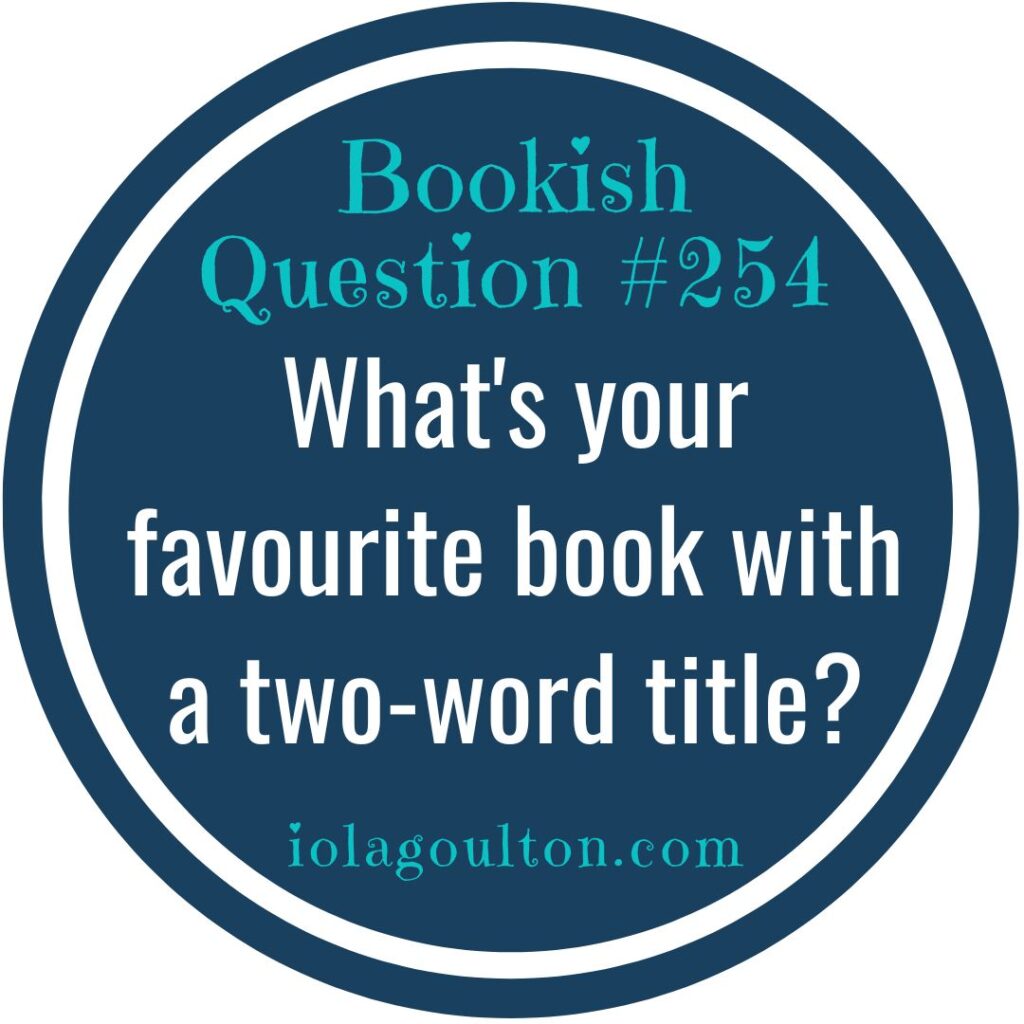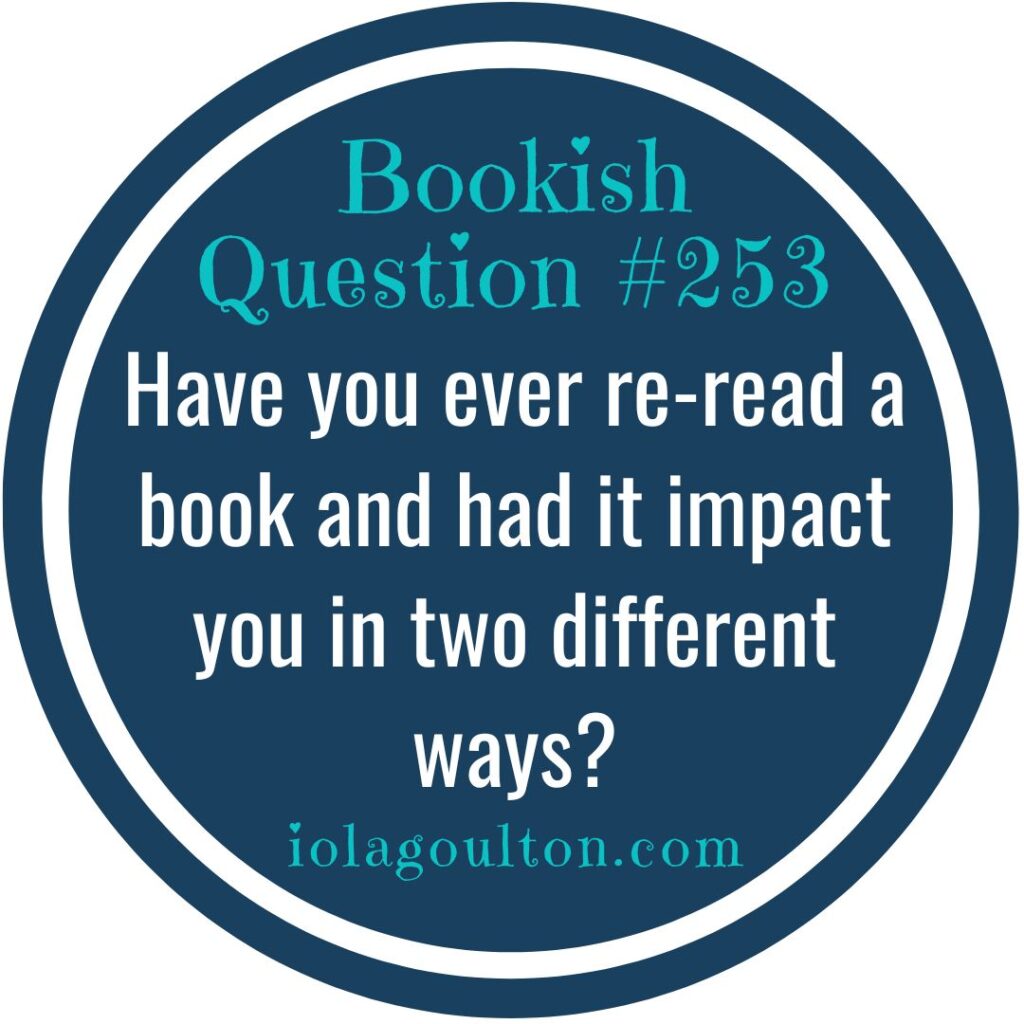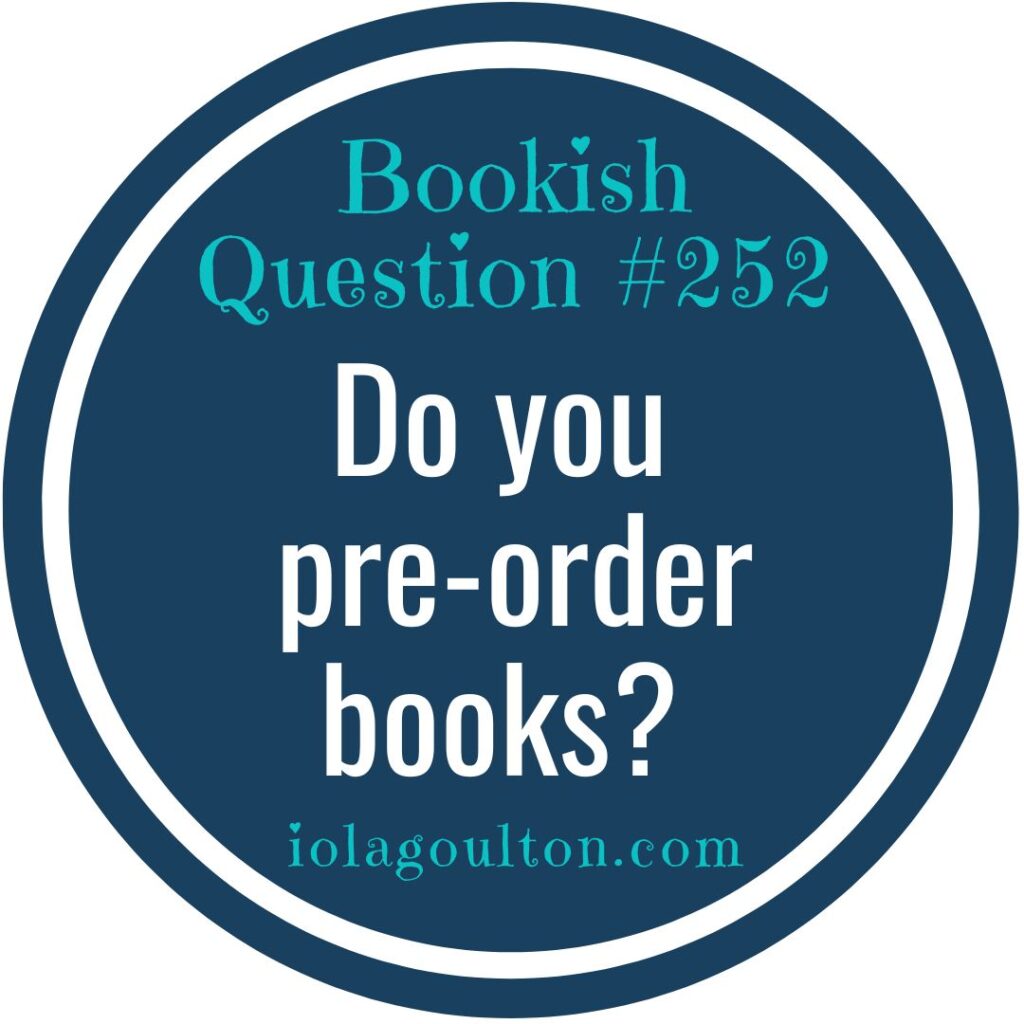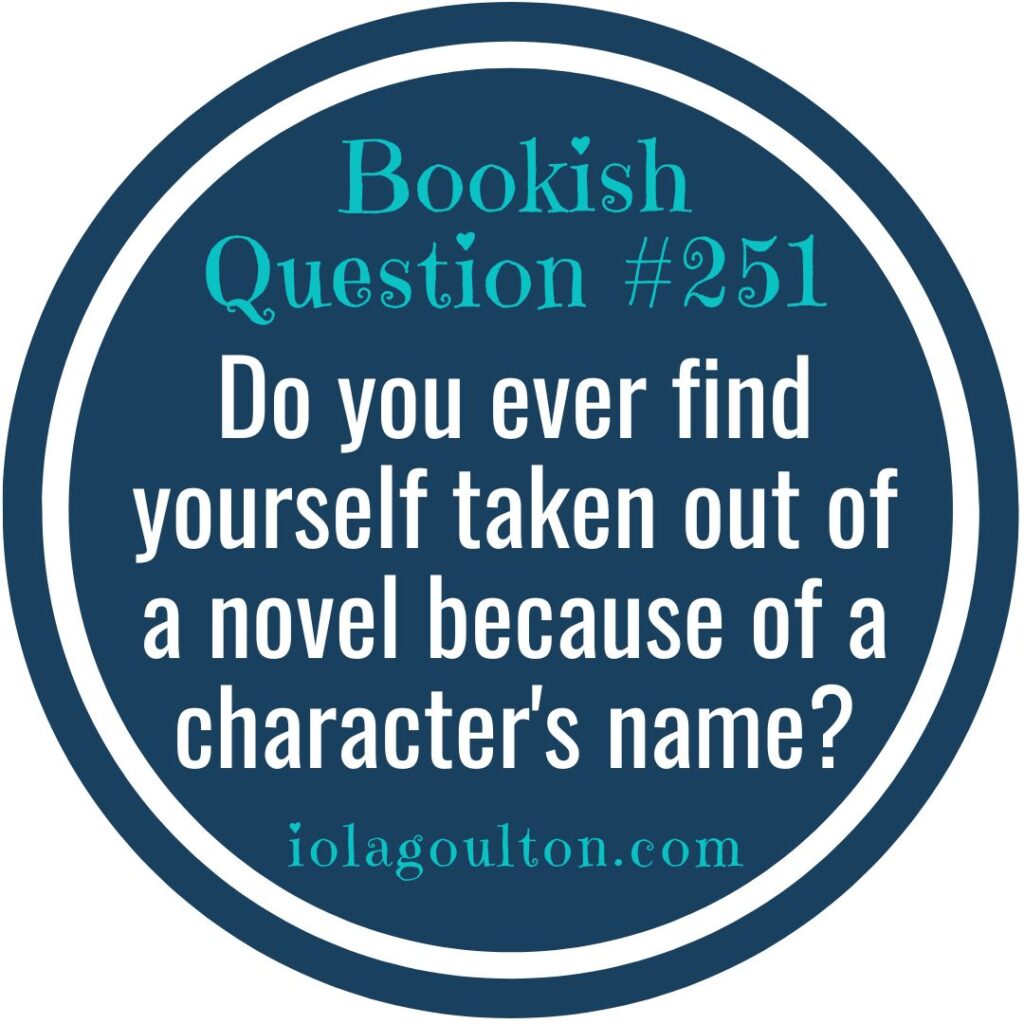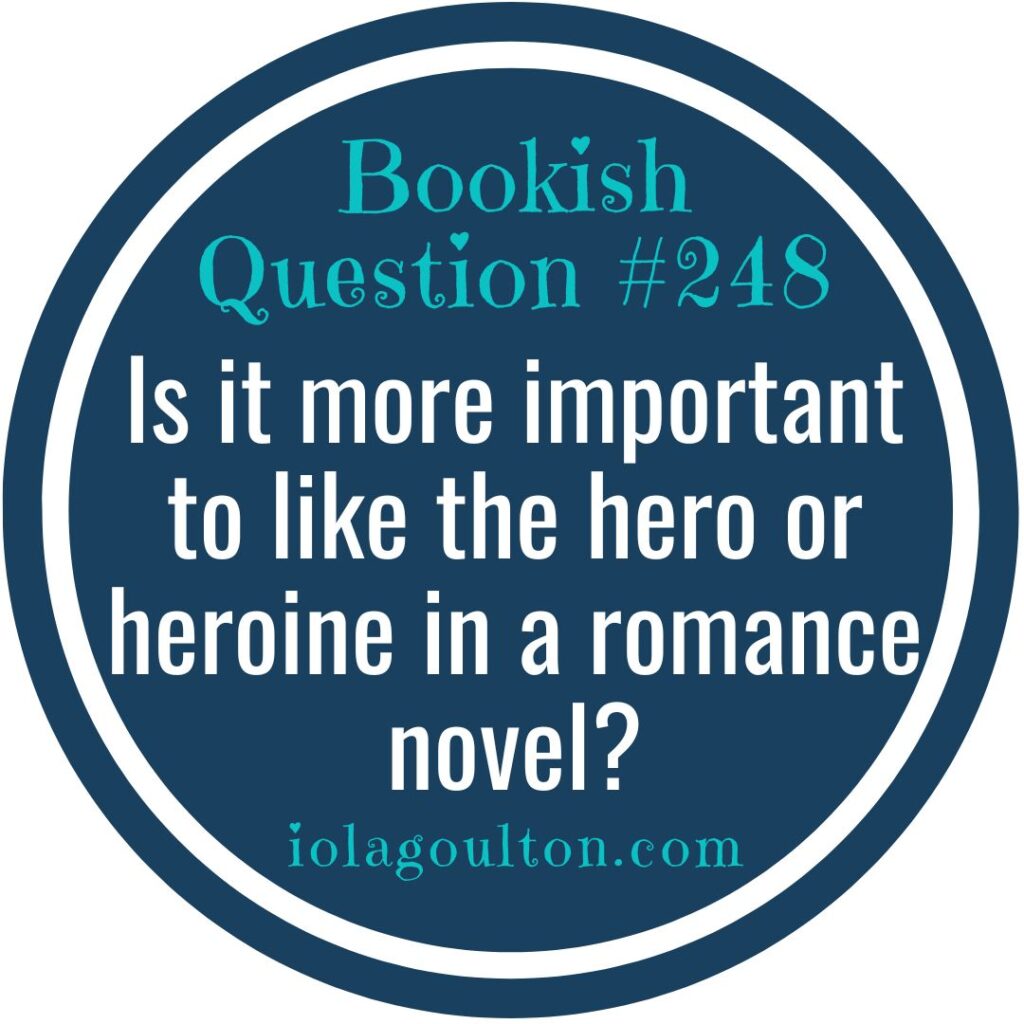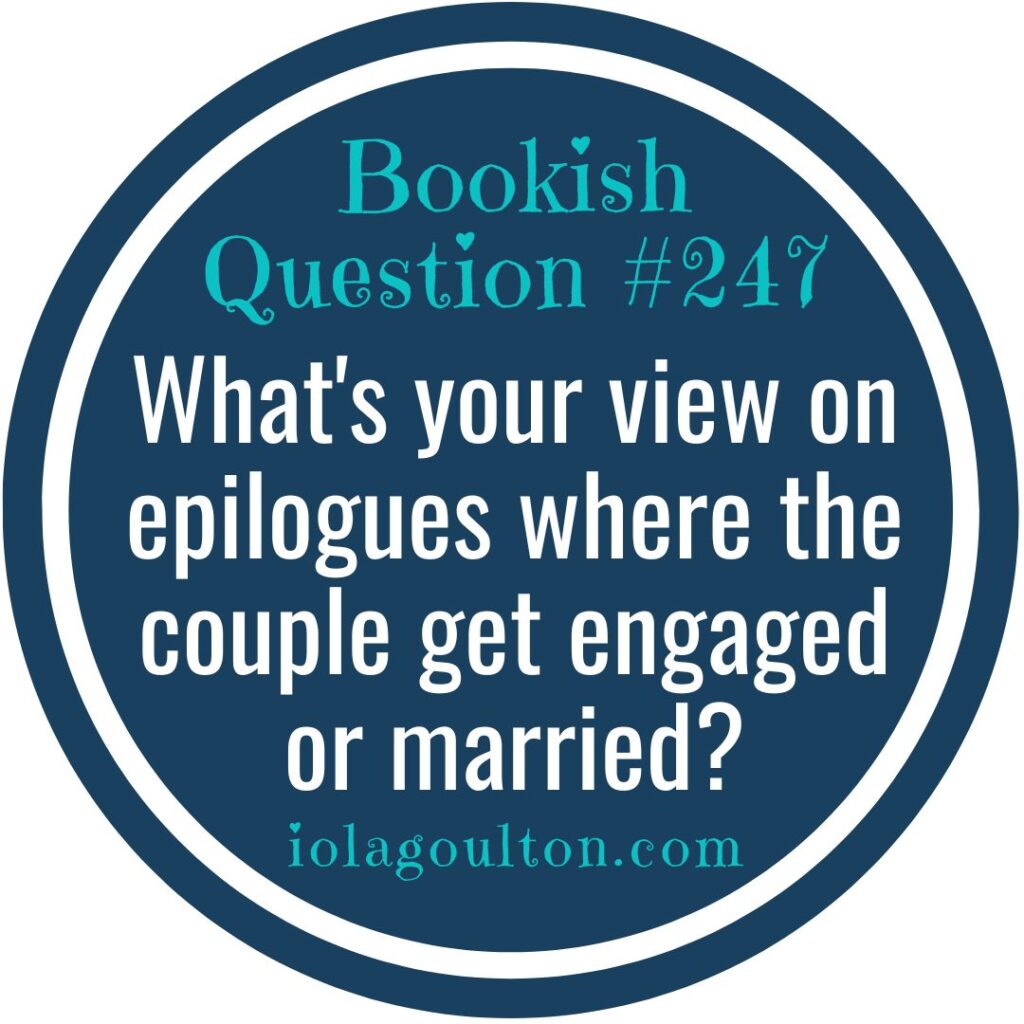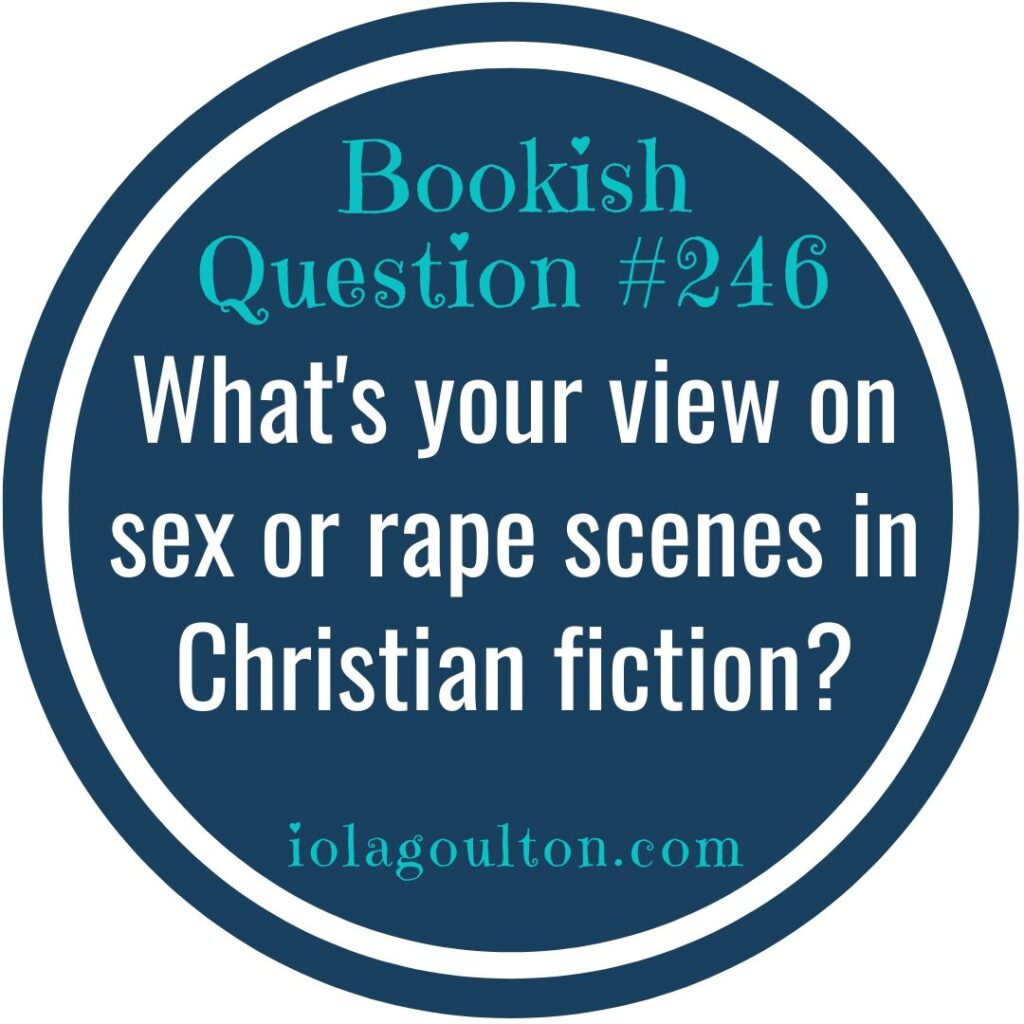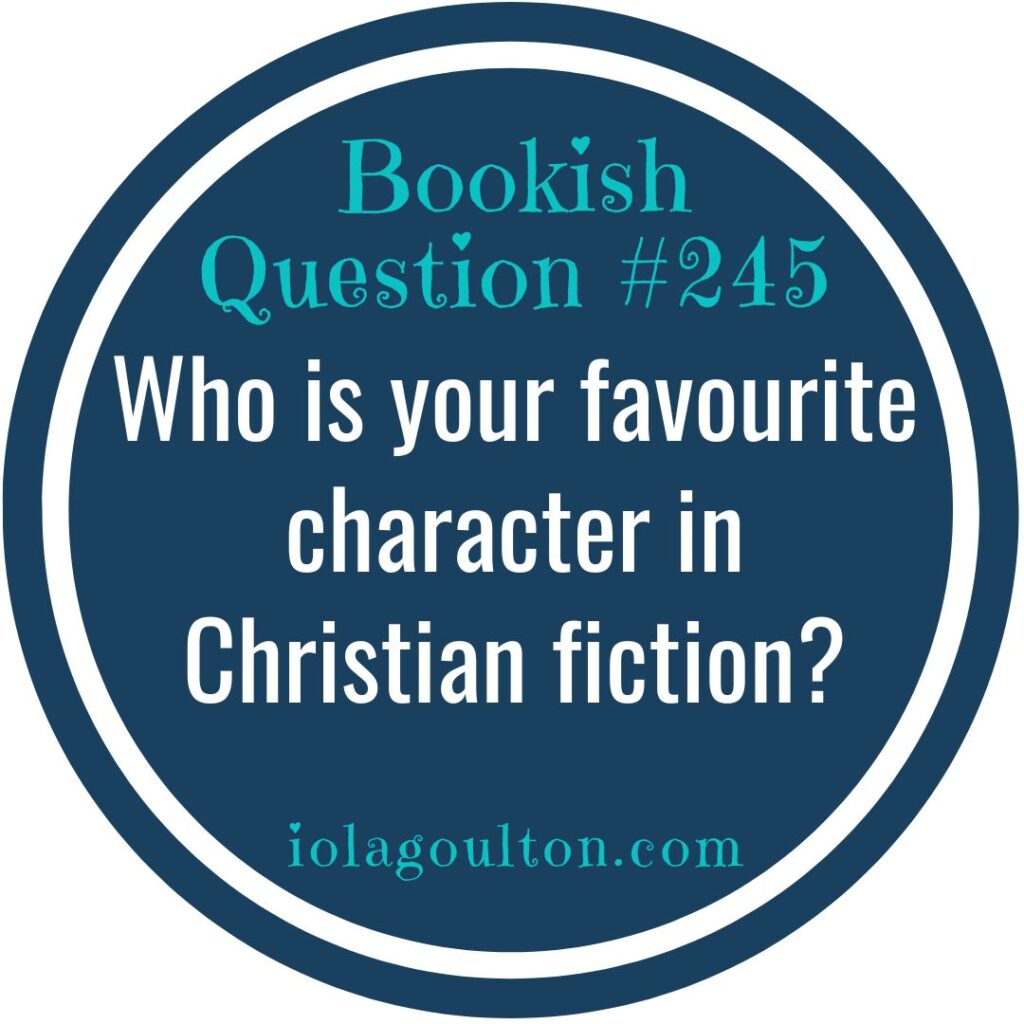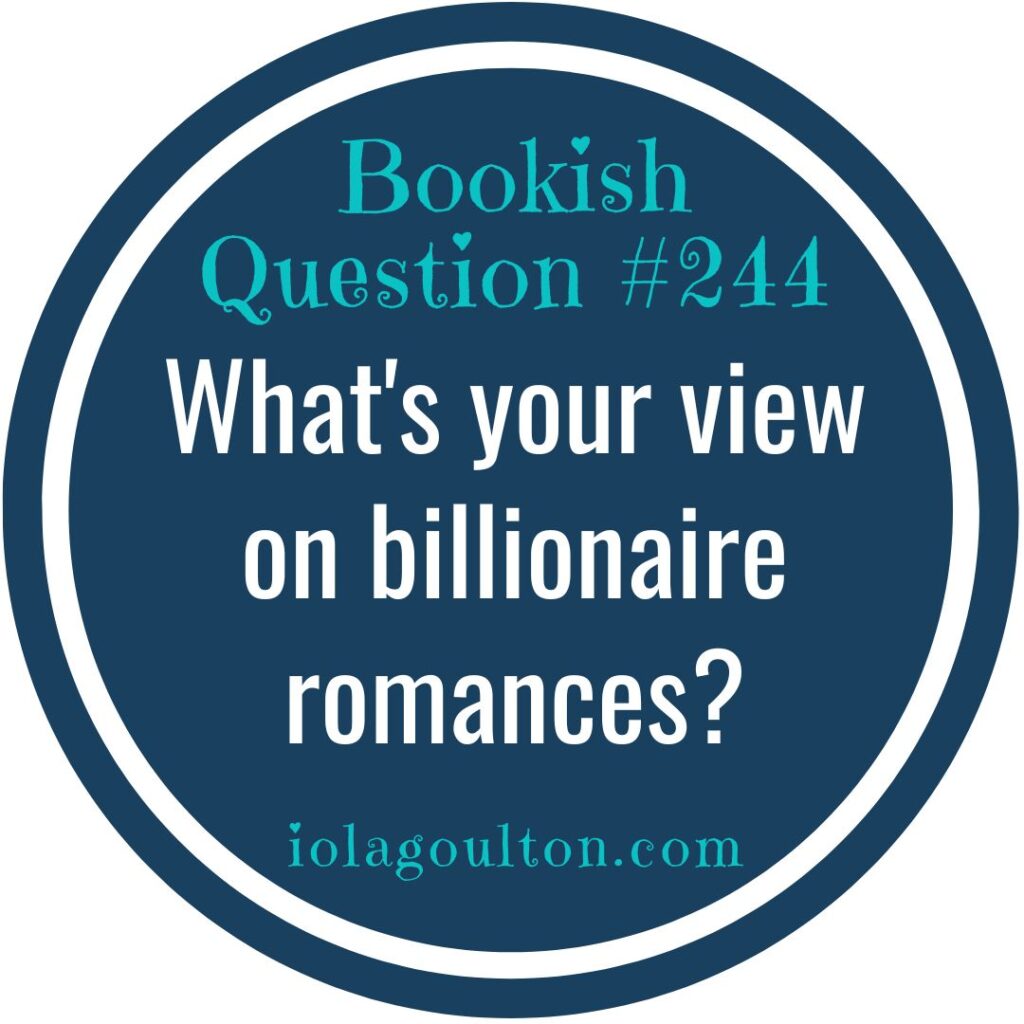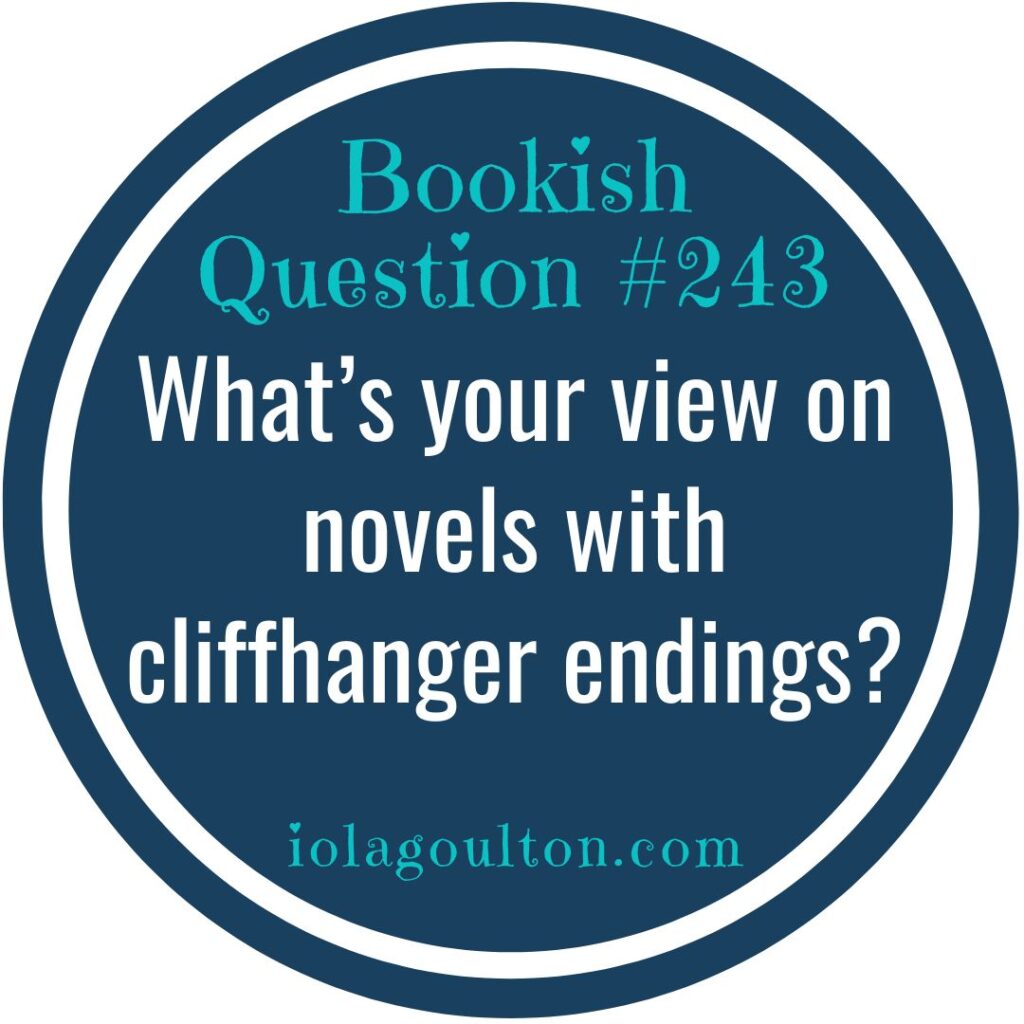I find these questions difficult, because I tend to remember books based on the author or the genre or the main characters, not the number of words in a title. But I took a look at my bookshelf, and several favourite titles did jump out at me.
(So apologies to the hundreds of ebooks I’ve read. Searching for a two-word title on a Kindle isn’t as easy as scanning a physical bookshelf.)
The titles were all by the same author, Tamara Leigh. Tamara Leigh curently writes Christian historical fiction/romance set in around the 1300s (I think. I haven’t actually read any, because it’s not a period of history I have a lot of interest in).
She actually started her author career writing historical fiction for the general market. But between her two historical phases, she wrote several contemporary Christian romances which perhaps could be better considered as rom-coms.
All were written in first person point of view with only one point of view character. All had interesting, intelligent heriones. All were funny, yet also managed to cover some serious issues.
And all had two-word titles: Saving Adda, Perfecting Kate, Splitting Harriet, Faking Grace.
My favourite was Faking Grace, where unemployed Maisy Grace decides to fake being a Christian to get a job with a Christian company. I liked Grace, I liked her boss (the “English hottie” she falls for), and I liked the lighthearted redemption story. I’d re-read it, except I loaned my copy to someone and never got it back.
Maybe it’s time to invest in the ebook version …
All she wants is a job. All she needs is religion. How hard can it be?

A second job at Steeple Side Christian Resources could help pay the bills, but they only hire committed Christians. Maizy is sure she can fake it with her Five-Step Program to Authentic Christian Faith. If only Jack Prentiss, Steeple Side’s managing editor and British hottie, wasn’t determined to prove her a fraud.
When Maizy’s newspaper boss pressures her to expose any skeletons in Steeple Side’s closet, she must decide whether to deliver the dirt and secure her career or lean on her newfound faith, change the direction of her life, and pray that her colleagues—and Jack—will show her grace.

